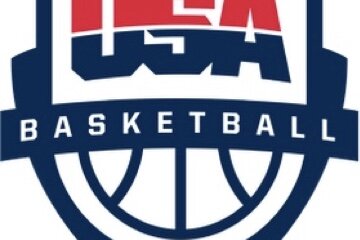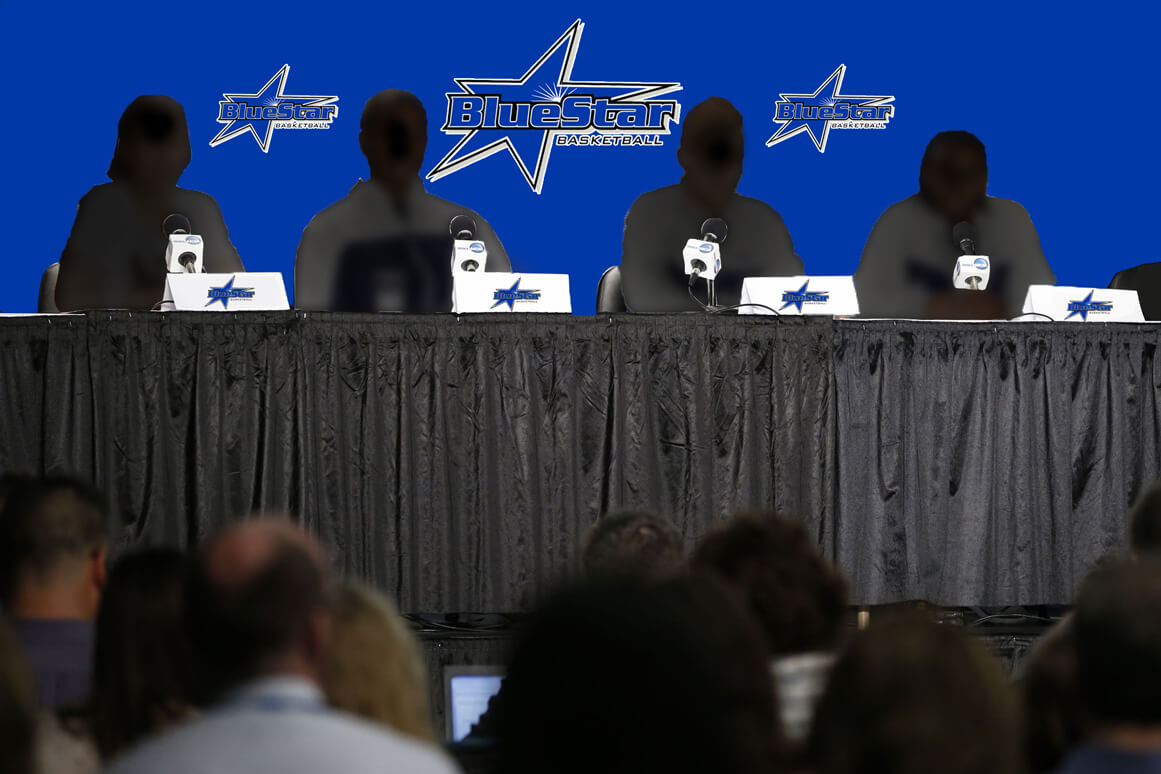After insisting it would not budge about opposing a waiver for Daisha Simmons to play basketball this season for Seton Hall, the University of Alabama on Tuesday changed course.
The athletic department issued a statement saying it would now support Simmons, a senior guard and the Crimson Tide’s second-leading scorer last season, in her request to apply for immediate eligibility at Seton Hall.
The final decision is up to the NCAA, which has previously ruled that Simmons can use her final season of eligibility in the 2015-16 season but must sit out the upcoming season. That was considered a compromise resolution because of Alabama’s refusal to support a waiver request.
The Birmingham News reprinted the statement from Alabama athletics director Bill Battle that was devoted for the most part to the school’s insistence that it acted properly. Battle reiterated the school’s position that Simmons did not adequately inform department officials of her desire to return close to her New Jersey home due to her brother battling late-stage kidney disease and her mother also having health issues.
Here’s the full statement from Battle posted on the Alabama athletics Twitter account.
On Monday, Simmons had taken issue with Alabama’s position that it wasn’t aware of her family’s medical concerns.
The statement did not indicate why Alabama changed its position. But a wave of national media and social media attention had been building over the past few days as teams took to the floor for the start of preseason practice. In particular, the Swish Appeal women’s hoops blog and Jay Bilas, Dick Vitale and Keith Olbermann of ESPN have mounted a heavy drumbeat of information and opinion blasting Alabama’s decision.
Simmons, who graduated from Alabama in the spring, sought a transfer in May after being denied admission to the school’s MBA program. In order for her to play this season, as she wished, her former program would have to support what’s called a graduate transfer waiver.
Alabama coach Kristy Curry objected, saying Simmons didn’t give her and her staff proper time to replace her. While Simmons was allowed to enroll in Seton Hall’s MBA program and practice with her new teammates, Montgomery attorney Donald Jackson, who represented Leticia Romero this summer in her bid to transfer from Kansas State, intervened on her behalf.
After Jackson’s appeal to Alabama president Judy Bonner was denied on Monday, he filed a Title IX complaint, saying Simmons was being treated differently than male athletes, and accused the women’s basketball coaching staff of harassing and bullying behavior. Until Tuesday’s statement, the university insisted that the NCAA had the final say in the matter and that it considered the case closed.
Battle concluded his statement by saying that the university “emphatically supports head coach Kristy Curry and her staff. Throughout this process they have maintained a high level of integrity and ethical behavior.”
On Tuesday, Curry told ESPN‘s MeChelle Voepel that while she supported Alabama’s initial decision, she didn’t oppose Simmons playing this season, adding that “I hope Daisha is successful in her life at whatever she decides to pursue.”
Curry also strongly denied the Title IX allegations in an interview with The Tuscaloosa News.
The focus now shifts back to the NCAA, whose transfer policies also have come under fire in the media accounts about the Simmons case.
Transfer reform was badly needed before the cases of Simmons, Romero and Sydney Moss in women’s basketball. As Jeff Eisenberg noted on Yahoo! Sports, men’s hoops has had some equally nasty transfer sagas in recent years, and the troubles aren’t sport-specific:
“The only silver lining to all these cases is they continue to shine a spotlight on how one-sided the rules are in favor of coaches and administrators and against athletes.”
At the very least, the NCAA needs to set up a process for student-athletes to receive impartial information about their options for transferring and applying for waivers.
Players are routinely left in the dark about what they can and cannot do, with adults with a vested interest holding all the advantages.
It’s unforgivable in any sport to stubbornly play power games, but to take action against an athlete in a non-revenue sport trying to further her education and boost her chances of playing professional basketball is a blatant perversion of the NCAA ideal.
Wendy Parker is a sportswriter and web editor who has covered women's basketball since the early 1990s. She is a correspondent for Basketball Times and formerly covered women's and college sports, soccer and the Olympics at The Atlanta Journal-Constitution. She is the author of "Beyond Title IX: The Cultural Laments of Women's Sports," available on Amazon, and the creator of Sports Biblio, a blog about sports books and history.

Latest Articles
-


Christopher Lawlor
/ 2 days agoU16 USA Women’s Basketball National Team roster selected for 2025 FIBA AmeriCup in Mexico from June 16-22
COLORADO SPRINGS, Colo. — USA Basketball announced today the 2025 USA Women’s U16 National...
-
Christopher Lawlor
/ 2 days agoU16 USA Men’s Basketball National Team roster chosen for 2025 FIBA AmeriCup next week in Juarez, Mexico
COLORADO SPRINGS, Colo. – The team is set and now for the games South...
-
Christopher Lawlor
/ 6 days agoNO REGRETS: Chris McNesby steps away from Roman Catholic (PA) basketball gig after second tenure with his alma mater; Bradley Wanamaker takes over coveted post
BENSALEM, Pa. – Chris McNesby has lived many lives within the Philadelphia Catholic League....
-


Events
/ 1 week agoMORE CHANGE: Montverde Academy (FL) hires Anthony Jones from nearby Orlando as girls’ head basketball coach of national program
BENSALEM, Pa. – For the second time in three months, Montverde (Fla.) Academy made...



